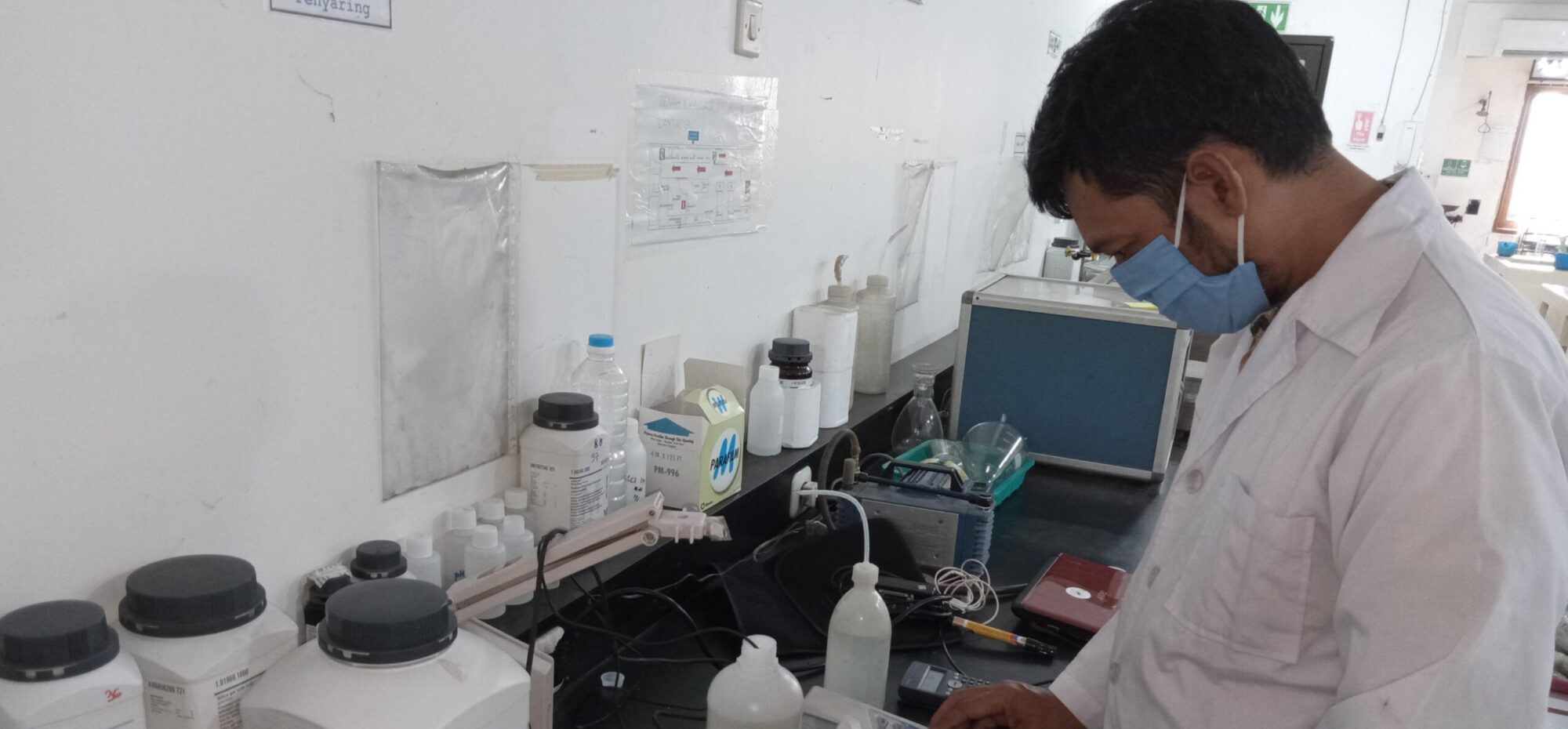Community Forests Help People Cope with COVID-19
Wednesday, October 28, 2020RECOFTC estimates community forestry increased the resilience of more than 3 million rural people across the lower Mekong region to the social and economic shocks of the pandemic.

Preliminary findings of new research by RECOFTC and the Food and Agriculture Organization of the United Nations (FAO) show that community forests build resilience to disaster and crisis.
“While research has proved that community forestry improves livelihoods and enhances the sustainable management of forests, we have had little evidence that community forestry provides a social and economic safety net in times of disaster or crises,” said David Ganz, Executive Director of RECOFTC. “The COVID-19 pandemic created an opportunity for us to study that question.”
RECOFTC and FAO researched from June to July 2020 in the early phase of the pandemic and lockdowns in seven Asian countries: Cambodia, Indonesia, Lao PDR, Myanmar, Nepal, Thailand and Viet Nam. Through interviews with 435 people, RECOFTC and FAO aimed to learn how forest communities dealt with COVID-19 and lockdowns. They wanted to understand whether community forests helped people cope and the type of support they need most to recover and build back better.
Based on findings from phase one of the research, RECOFTC estimates that personal savings generated by selling timber and non-timber forest products from community forests helped more than 3 million people in the lower Mekong region cope during the first months of the lockdown. Eighty percent of respondents said the lockdown harmed their livelihoods or food security. Half reported being unable to sell their forest products because of travel restrictions, a lack of buyers or depressed prices that made trading unprofitable. The negative impacts of the pandemic were greater for women in most countries, with women bearing greater workloads because of home-schooling, caring for the family and facing increasing incidence of domestic violence and abuse. When asked what they need to cope and build back better after the pandemic, three-quarters of respondents said they need financial support.
The negative impacts of the pandemic were greater for women in most countries, with women bearing greater workloads because of home-schooling, caring for the family and facing increasing incidence of domestic violence and abuse.
Community forestry empowers people to manage, protect and benefit from local forests. The study confirms that this mechanism should be promoted and strengthened.
“Risks associated with climate change and the likelihood of future pandemics, arising from deforestation and organized illegal wildlife trade, make community forestry an ever more important social and economic safety net,” said David Ganz, Executive Director of RECOFTC. “Such a safety net could generate community interest in becoming part of a community forest, thereby protecting livelihoods and the forests upon which these communities depend.”
Based on the findings, RECOFTC and FAO are calling on governments, civil society organizations, donors and the private sector to take action immediately and through their longer-term investments:
- Support and strengthen community forestry credit mechanisms
- Increase capacity of governments and community forestry committees for disaster preparedness and response
- Enable and equip community forestry committees to mobilize, use and disperse funds efficiently
- Mainstream gender equality in policies and investments
- Empower community forest groups to tackle forest crimes
- Improve digital access for disaster preparedness and response, as well as market access
- Focus investment on approaches that improve livelihoods and address climate change, such as landscape restoration and management
“These actions will not only help forest communities now and in the future,” said Ewald Rametsteiner, Deputy Director of FAO Forestry Division. “They will help to continue to strive for the Sustainable Development Goals of the United Nations 2030 Agenda. By improving forest law enforcement and governance, and by supporting the production and trade of legal timber, we can help sustain livelihoods. It is crucial to keep the interests of forest dwellers at the centre of our efforts to support more sustainable production systems. Protecting and capitalizing upon the role of forest communities has a multiplier effect: communities can play an important role in halting deforestation and forest degradation, combating climate change and preserving the biodiversity they depend upon.”
RECOFTC and FAO recommend governments and donors help meet the needs of forest communities by providing economic support directly and establishing and expanding small credit schemes managed by community forestry user groups.
When asked what they needed to recover from the impacts of the pandemic, 76 percent of respondents expressed a ‘great need’ for cash, loan, grant or debt cancellation. Overall, 39 percent of community forest users said borrowing money had been ‘moderately’ or ‘very’ important during lockdown. However, they were twice as likely to turn to family and neighbours for loans than banks, local governments or civil society organizations. Given that most community forests have bank accounts, community forest committees could fill this gap in financial support by offering microcredit schemes or revolving loans. Currently, many community forest committees lack the capacity and funding to provide this service.
Click any image to learn more about findings in seven countries







The public and private sector should invest in further mainstreaming gender equality. RECOFTC recommends innovative approaches such as its Weaving Leadership for Gender Equality program, known as WAVES. The Swedish International Development Cooperation Agency funds this three-year initiative. The program has built a network of 31 gender leaders who are influencing gender equality in climate change, REDD+ and forestry, law enforcement, governance and trade policies and processes in seven countries in the Asia-Pacific region.
The research is funded by the Forest Law Enforcement, Governance and Trade (FLEGT) Programme of FAO and the European Union. The study is designed to improve participatory and sustainable responses to building back after COVID-19 and other disasters. RECOFTC is the lead organization in the Asia-Pacific region for this research and works in partnership with the FAO Regional Office for Asia and the Pacific.
Phase two of the research will survey members of community forests that demonstrated strong coping strategies and high levels of resilience to the negative impacts of COVID-19 and those that did not. From January to March 2021, research teams will identify factors that strengthen or weaken the ability of community forestry to build the resilience of forest communities to disaster and crisis. The findings will enable RECOFTC and FAO to recommend policies and interventions to strengthen community forestry as a social and economic safety net.
For more information on this research and the preliminary findings, contact Julian Atkinson, julian.atkinson@recoftc.org.
###
RECOFTC’s work is made possible with the support of the Swiss Agency for Development and Cooperation (SDC) and the Swedish International Development Cooperation Agency (Sida).

